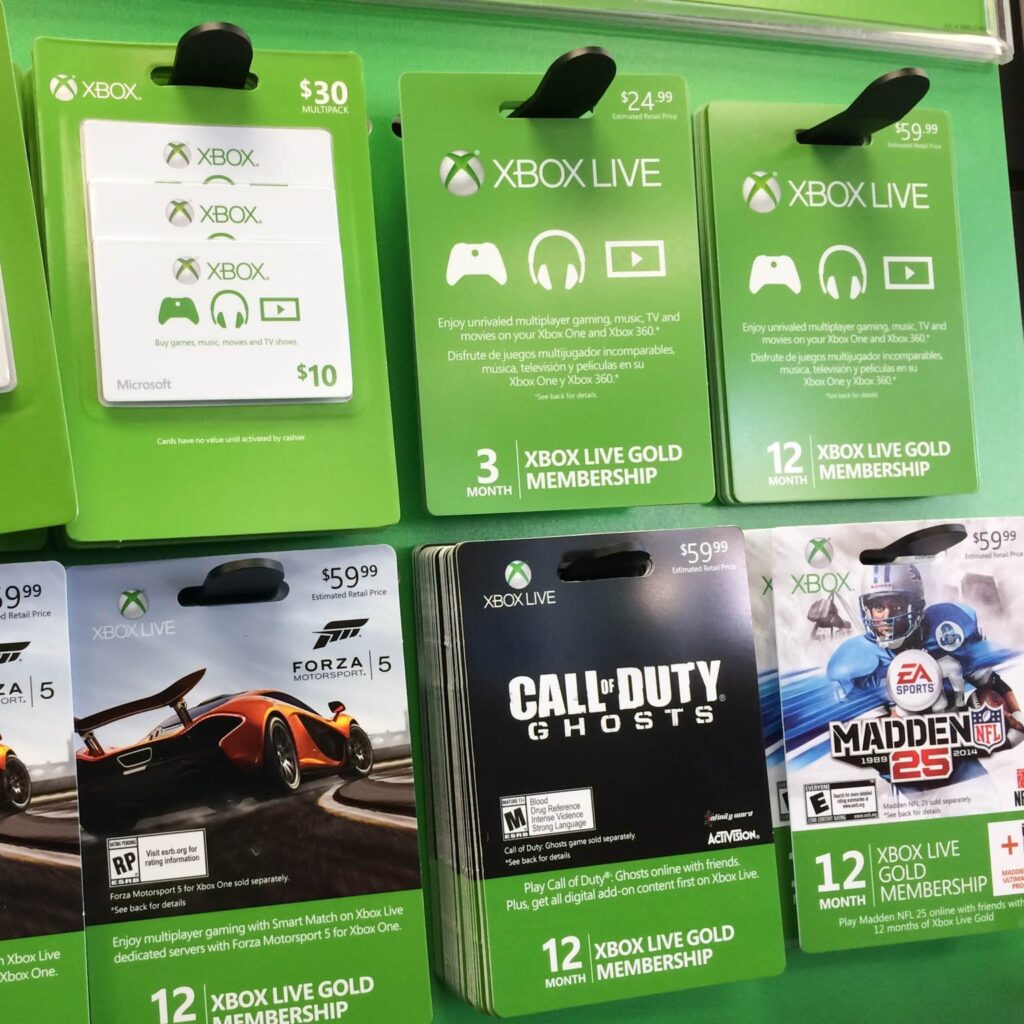In the ever-evolving world of video gaming, the way we access and enjoy our favorite titles has seen a significant transformation in recent years. Traditional physical copies are no longer the only way to get your hands on the latest games and digital game codes have emerged as a convenient, versatile, and increasingly popular alternative. But what is a digital game code?
In this article, we will explore what digital game codes are, how they work, and why they have become such a vital part of modern gaming.

What is a digital game code?
Digital game codes serve as vital tools in the modern gaming industry, providing players with a seamless way to access their favorite video games without the need for physical media.
So what is a digital game code?
These codes are alphanumeric combinations or strings, typically 12 to 25 characters long. They serve as keys that unlock a specific game via some online platform.
Currently, the most popular online gaming platforms are Steam, PlayStation Store, Xbox Live, and Epic Games Store.
This method provides enhanced security as they can be delivered through secure channels such as email, and once redeemed, they are tied to a user’s account, reducing the risk of theft or loss. This makes it easier for players to access their games across different devices.
One of the key advantages of digital game codes is their global accessibility. Gamers from various parts of the world can purchase and redeem codes for the same game simultaneously, eliminating regional restrictions that physical copies may have.
These codes are versatile and are not limited to games alone.
They can grant access to in-game content, expansions, season passes, or even virtual currencies used in games. This versatility provides players with a wide array of options for enhancing their gaming experience.

How do digital game codes work?
To fully understand what is a digital game code, we need to understand the technology behind it.
From a technical point of view, digital game codes work through a combination of cryptography, databases, and digital rights management (DRM) systems to ensure that a legitimate copy of a game is provided to the user.
Game publishers generate unique alphanumeric digital codes for each copy of their game. These codes are created using random or pseudorandom algorithms, ensuring that they are virtually impossible to predict or duplicate.
These digital game codes are then distributed to various retailers, online stores, or authorized distributors. They can be printed on physical cards, included in emails, or provided through direct download links.
Each gaming platform or store that supports digital game codes maintains a redemption portal on its website. This portal serves as the interface through which users enter their codes to claim their games.
When a user decides to redeem a code, they access the redemption portal of the platform or store, where they input the alphanumeric code they received. The system checks the entered code for validity and authenticity. That is the essence of what is a digital game code.
The platform’s server compares the entered code against a database of valid codes. It checks whether the code has been previously used or if it’s legitimate. This process ensures that the user is not trying to use a counterfeit or already redeemed code.

After successfully verifying the code, the game is linked to the user’s account. The association between the code and the account ensures that the user has the legal right to access and download the game. It also helps with tracking ownership and entitlements.
Game codes are often associated with DRM systems to prevent unauthorized copying or distribution of the game.
DRM technologies can include encryption, license servers, and anti-piracy measures. These measures help protect the publisher’s intellectual property and control access to the game.
Once the code is associated with the user’s account, the user can access the game through the platform’s interface.
They can initiate the download and installation process, which may vary depending on the platform. The game files are downloaded to the user’s device and may be protected by the DRM system to ensure they can only be run on authorized systems.
When the user launches the game, it typically requires online authentication to verify the legitimacy of the copy. This check ensures that the user hasn’t tampered with the game files or is trying to play an unauthorized copy.
Pros and cons of acquiring digital games

Now that we have a clearer idea of what is a digital game code, it is important to consider its advantages and disadvantages.
Acquiring games in their digital form, whether through online marketplaces, downloading, or streaming services, comes with its own set of pros and cons.
Pros
- Convenience
Digital games are instantly accessible from the comfort of your own home. You don’t need to visit a physical store or wait for shipping. - No physical media
You don’t have to worry about storing and managing physical game discs or cartridges, which can clutter your space. - Instant download
After purchasing, you can usually download and play the game immediately, saving time compared to physical copies. - No risk of damage or loss
Digital games can’t be scratched, lost, or stolen, so you won’t need to replace them. - Remote access
Many digital games can be downloaded on multiple devices, allowing you to access your library from various locations. - Regular updates
Digital games often receive updates, patches, and content expansions, improving the gaming experience over time.
Cons
- No resale value
Unlike physical copies, digital games usually can’t be resold or traded, meaning you can’t recoup your investment once you’re done with a game. - Licensing and ownership
Digital games are often subject to licensing agreements that can be revoked, potentially causing you to lose access to a game. - Internet connection required
Many digital games require a consistent internet connection to download, install, and sometimes even play, which can be a problem for those with unreliable or slow internet. - Storage space
Digital games can take up a significant amount of storage space on your device, which may necessitate investing in additional storage. - Data caps
Downloading large digital games can consume a considerable amount of data, which may be problematic for users with data caps on their internet plans.
Choose wisely

Digital game codes have revolutionized the way we purchase, access, and enjoy video games. They offer convenience, instant access, and a wealth of other benefits that have made them an integral part of the gaming industry.
However, it’s essential to consider your personal gaming preferences and requirements when deciding between digital and physical copies.
With the ever-expanding digital marketplace, it’s clear that digital game codes are here to stay and will continue to shape the future of gaming.
If you liked this article, there are many more in our blog, where we discuss many topics about the gaming industry.

